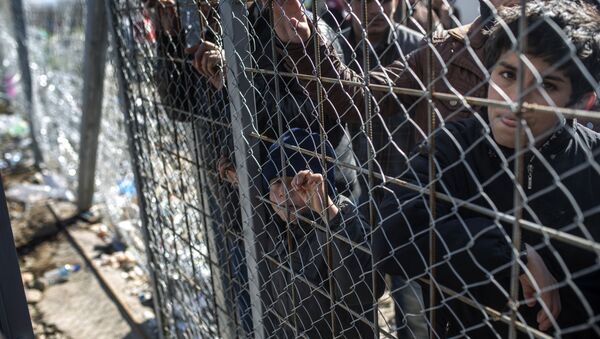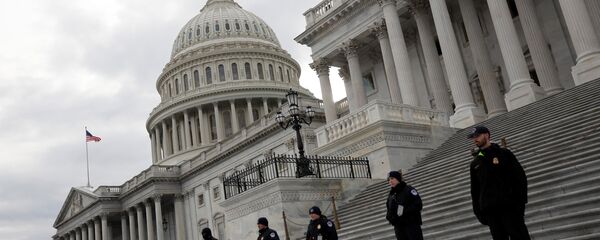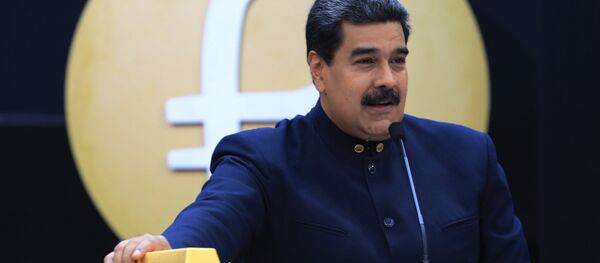"But imposing sanctions makes deprivation of human rights even more acute. So it is like trying to extinguish fire with a fire hose not a water hose. That seems to be some lack of logic in Europe where people complain about the presence of the Syrian migrants and the imposition of sanctions push the Syrians to migrate [to] Europe," UN Special Rapporteur on the negative impact of the unilateral coercive measures Jazairy said.
In May, both the European Union and the United States extended their sanctions on war-affected Syria for another year, with the former justifying its decision by citing the "ongoing repression of the civilian population." The measures include an oil embargo, freeze of assets and certain export restrictions, among others.
On US Pressure to Join Anti-Iran Sanctions
According to the senior official, the US attempts to force new countries into joining its sanctions against Iran are illegal, as no country has a right to unilaterally push for extraterritorial restrictions on other nations.
"It is against the principles of international law to impose your domestic policies on others. Because your domestic policies have been adopted by your parliament and you apply it against a particular country, but the other countries have not. So how can you impose national legislation on them? This is illegal," Jazairy said.
Jazairy suggested that the case would trigger a wider discussion of the issue of "triangle implementation" of sanctions.
Last year, the United States withdrew from the 2015 Iran nuclear deal and reinstated wide-ranging sanctions on Tehran, including secondary sanctions against companies and financial institutions of countries that do business with Tehran. China, France, Germany, Iran, Russia, the United Kingdom and the European Union, the other signatories to the deal, have slammed the move, with the latter later setting up a special mechanism to bypass the sanctions.
READ MORE: Netanyahu Threatens to Deploy Israeli Navy to Enforce US Oil Sanctions on Iran
The EU initiative provoked harsh criticism from Washington, which continues calling for a wind-down of Iranian oil imports and any business with the country.
On Impact of Sanctions on Venezuela
UN special rapporteur Idriss Jazairy told Sputnik that he was planning to go to Venezuela before High Commissioner for Human Rights Michelle Bachelet’s own visit to the country, expected in one or two months, and prepare a report on the impact of unilateral economic restrictions on the human rights situation in the Latin American nation.
"I will see their [the mission’s] report. And [I] hope to be able to go there [to Venezuela] before the expected visit of the High Commissioner [Bachelet] herself, which may take place in one or two months’ time. I will report to the September session of the Human Rights Council and after that for the forthcoming session of the UN General Assembly," Jazairy, UN special rapporteur on the negative impact of the unilateral coercive measures, said.
The official noted that the United Nations believed the Venezuelan government and the opposition needed to "get together and find a way out of the crisis in a democratic manner."
"This issue cannot be solved by force and weaponization of humanitarianism, which is resorted to at present [and] is absolutely the wrong option to address these people if one is really concerned about the welfare of the people of Venezuela rather than by taking advantage of a crisis to advance other countries interests especially with respect to the oil of Venezuela, which has the most important reserves of oil in the world," he said in an apparent reference to the Venezuelan opposition’s attempts to force the US-backed humanitarian aid into the country.
The Technical Mission of the Office of the UN High Commissioner for Human Rights visited Venezuela at the invitation of the country’s leadership on March 11-22 to assess the current human rights situation. The mission’s visit concluded on Friday, the same day the United States announced additional sanctions for Venezuela in response to the arrest of opposition leader Juan Guaido’s chief of staff.





